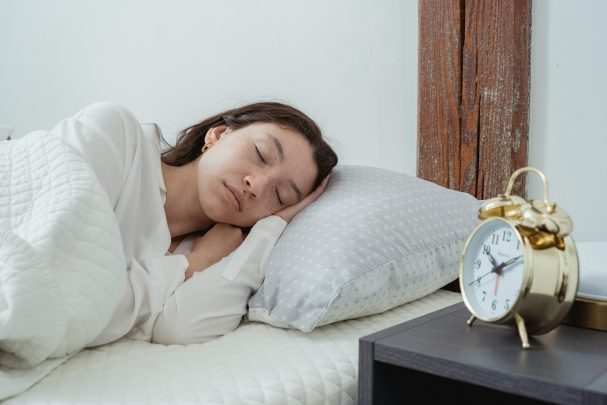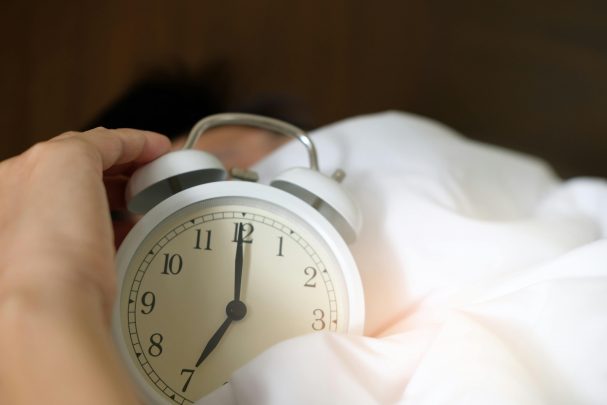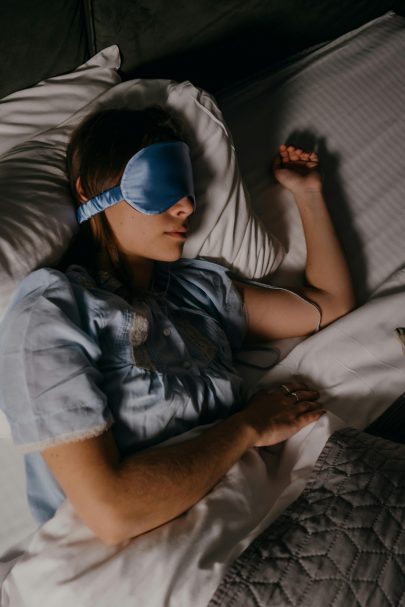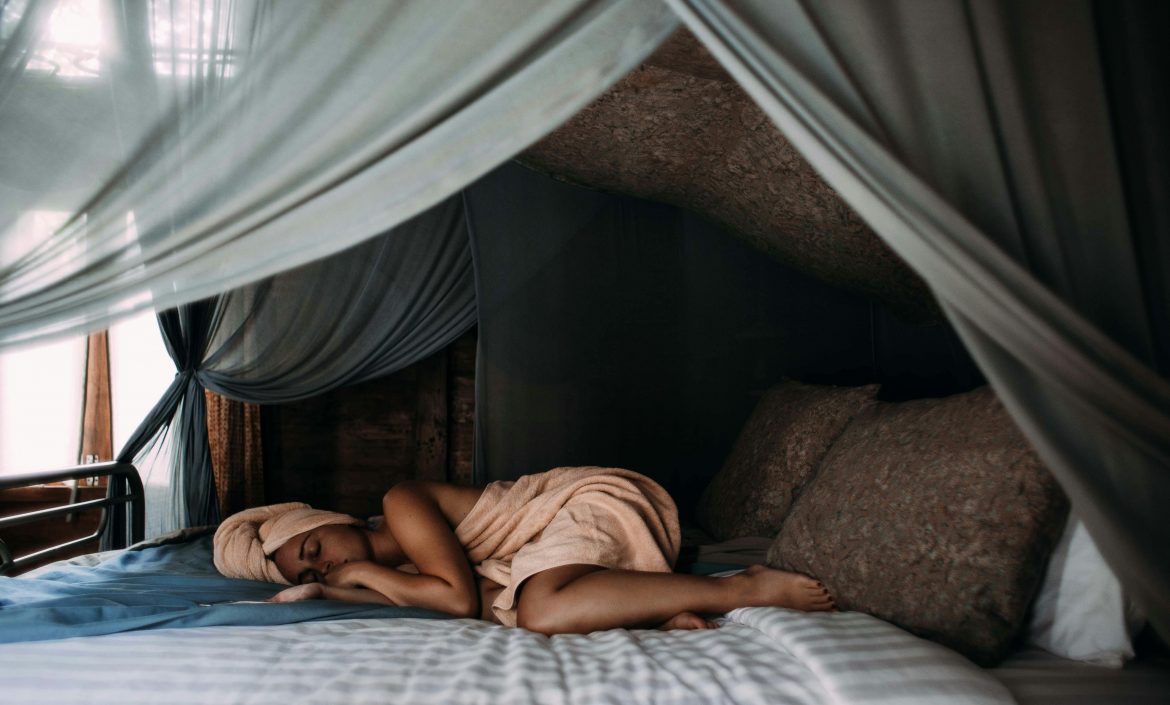Have you been struggling with bad sleep recently? It could be your bad sleep hygiene.
Yes, sleep hygiene is a thing, and it could be the reason why you haven’t been getting a good night’s sleep. And no, it’s not necessary about cleanliness, although, that is something you need to consider. Sleep hygiene is all about improving the environment you sleep in, both physically and mentally.

Pexels
What is sleep hygiene?
Sleep hygiene is a set of practices and habits that contribute to a healthy sleep routine.
It involves creating an optimal sleep environment and adopting behaviours that promote restful and uninterrupted sleep. These all involve a good bedroom environment, a comfy bed, a set sleep routine, and the ability to switch your brain off at night before you close your eyes and drift away.
Several things can impact your sleep, but maintaining good sleep hygiene helps regulate your body’s internal clock and promotes a consistent and high-quality sleep pattern.
The benefits of sleep hygiene
Investing in good sleep hygiene yields numerous benefits for both physical and mental well-being. Adequate and quality sleep is linked to improved mood, enhanced cognitive function, better immune system function, and a reduced risk of chronic health conditions such as obesity and cardiovascular diseases. Additionally, practising good sleep hygiene contributes to increased energy levels, heightened productivity, and an overall improved quality of life.
How to improve sleep hygiene

Pexels
Establish a consistent sleep schedule:
Set a regular bedtime and wake-up time, even on weekends. This helps regulate your body’s internal clock, making it easier to fall asleep and wake up naturally.
This helps set your circadian rhythm and improves your overall quality of sleep.
Creating a bedtime routine can help with this too – especially if you’re struggling to create your sleep schedule. Incorporate all the wonderful night-time things into your routine, like taking a warm bath or shower, drinking a bedtime drink or journaling.
ALSO SEE: How to make the viral ‘sleepy girl mocktail’
Create a comfortable sleep environment:
Ensure your bedroom is conducive to sleep. Keep the room cool, dark, and quiet. Invest in a comfortable mattress and pillows for optimal support.
Limit exposure to screens before bed:
The blue light emitted by electronic devices can interfere with the production of the sleep hormone melatonin. Aim to turn off screens at least an hour before bedtime.

Pexels
Mind your diet:
Avoid heavy meals, caffeine, and nicotine close to bedtime. Opt for a light, healthy snack if you’re hungry before sleep.
Exercise regularly:
Regular physical activity can promote better sleep but try to finish intense workouts a few hours before bedtime to allow your body to wind down.
Keep the room dark and cool:
Darkness signals to your body that it’s time to sleep by promoting the release of melatonin, the sleep hormone. Use blackout curtains or an eye mask to eliminate light disturbances. Additionally, maintain a cool room temperature, as a cooler environment is generally more conducive to sleep.
ALSO SEE:
Sleep reset 101: how to reclaim your nights and energize your days
Featured Image: Pexels

